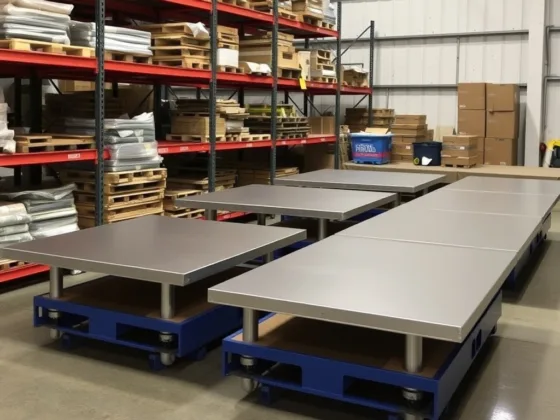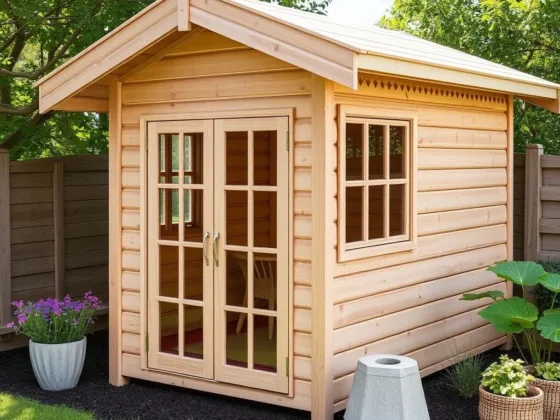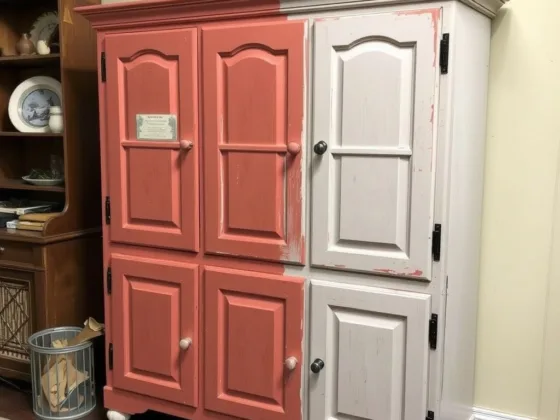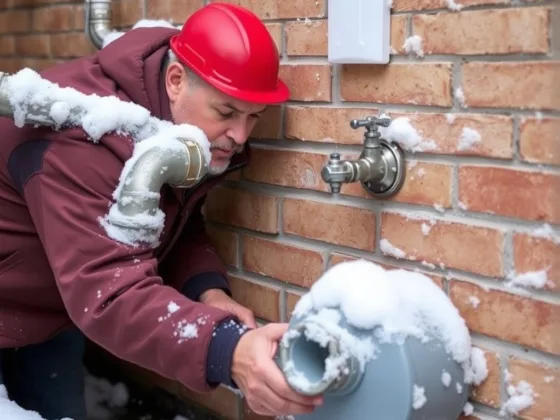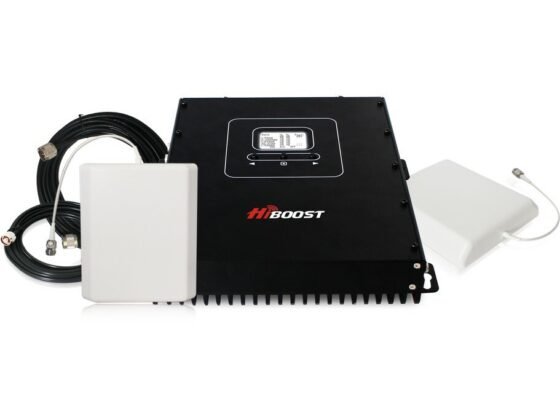Indoor air quality is something that many people take for granted. However, the quality of the air inside your home can have a big impact on your health.
Dust, pollen, and other airborne particles can cause respiratory problems, allergies, and other health problems. Luckily, there are a few simple things that you can do to improve the quality of your home’s air. Keep reading for tips on improving home indoor air quality.

Pay Attention to Your Air Filters
In order to improve indoor air quality, you should pay attention to your HVAC air filters. Air filters help remove airborne particles from the air in your home. These particles can include dirt, dust, pollen, and pet dander.
By removing these particles from the air, you can reduce your exposure to allergens and improve your overall health. This important for everyone living in the home, but it is critical for those with allergies, asthma, or other respiratory issues.
Changing your HVAC air filters regularly is one of the most important things you can do to keep your system running smoothly and help improve your indoor air quality. Dirty and clogged filters can allow allergens and other substances to circulate more freely around your home and cause all sorts of problems with your indoor air quality.
Read Also:
Most experts recommend changing or cleaning your air filters at least every three months. However, if you live in an area with high amounts of dust and pollen, or you have multiple pets, you may need to change your filters more frequently.
Depending on the situation, you might want to invest in higher-quality filters as well. There are a number of different types of filters available on the market. The type of filter that is best for you will depend on your individual needs and preferences. Some common types include mechanical filters, activated carbon filters, and ozone generators.
If you are interested in purchasing higher-grade filters, be sure to research the different types available and find one that meets your specific needs. Also, be sure to read the manufacturer’s instructions carefully so that you know how to properly use and maintain the filter.
Avoid Smoking Indoors
One way to improve your home’s indoor air quality is to avoid smoking indoors. When you smoke indoors, you’re not only exposing yourself and your loved ones to the harmful effects of secondhand smoke, but you’re also polluting the air with harmful chemicals from cigarettes.
Cigarette smoke contains over 4,000 chemicals, including 69 known carcinogens. These chemicals can cause a wide range of health problems, including asthma attacks, respiratory infections, and heart disease.
Smoking also causes environmental tobacco smoke (ETS), which is made up of the smoke that comes out of the burning end of a cigarette, cigar, or pipe, as well as the smoke exhaled by smokers.
ETS is known to contain even more toxic chemicals than mainstream tobacco smoke and has been linked to a number of serious health problems, including cancer, heart disease, and respiratory illness.
According to the Centers for Disease Control and Prevention (CDC), exposure to ETS is responsible for approximately 3,000 lung cancer deaths each year in nonsmokers in the United States.
So if you want to improve your home’s indoor air quality, it’s important to avoid smoking indoors. Not only will this protect your own health and that of your loved ones, but it will also help reduce your exposure to potentially harmful toxins.
Ventilate Your Home Well
There are a few basic things you can do to improve the air quality in your home. Ventilating your home is one of them. This means exchanging indoor air with outdoor air to bring in fresh oxygen and remove pollutants.
You can do this by opening windows or using fans or an air conditioner with a fresh-air intake. Exhaust fans do a great job of removing indoor air and ventilating the home.
Improving your home’s indoor air quality can help make your space a healthier place to live. By following some simple tips, you can reduce your exposure to airborne contaminants and improve the overall air quality in your home.



